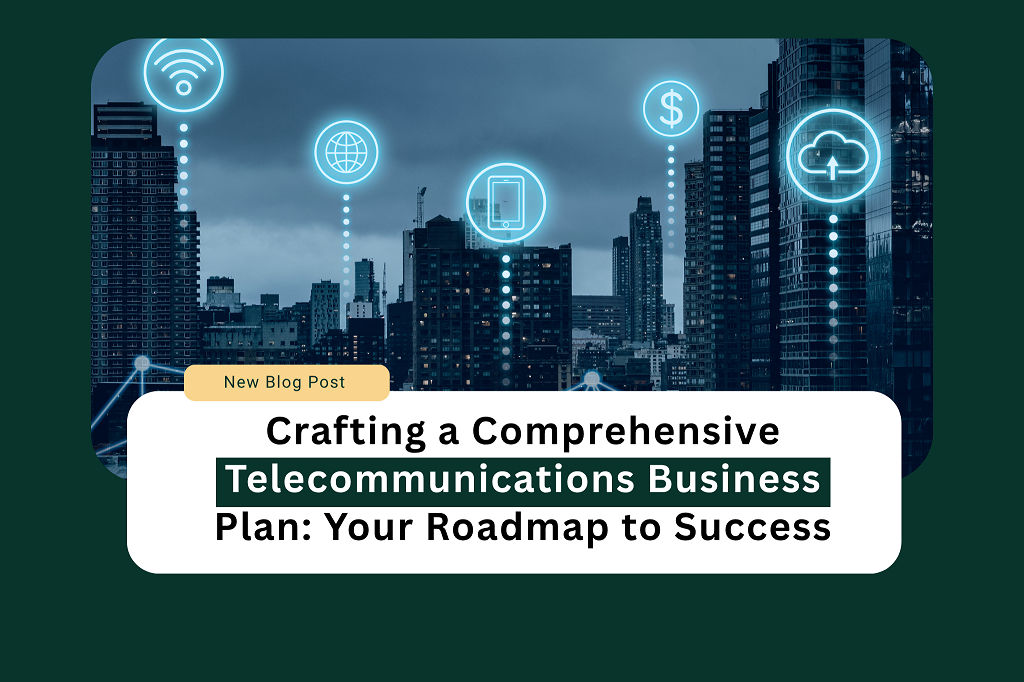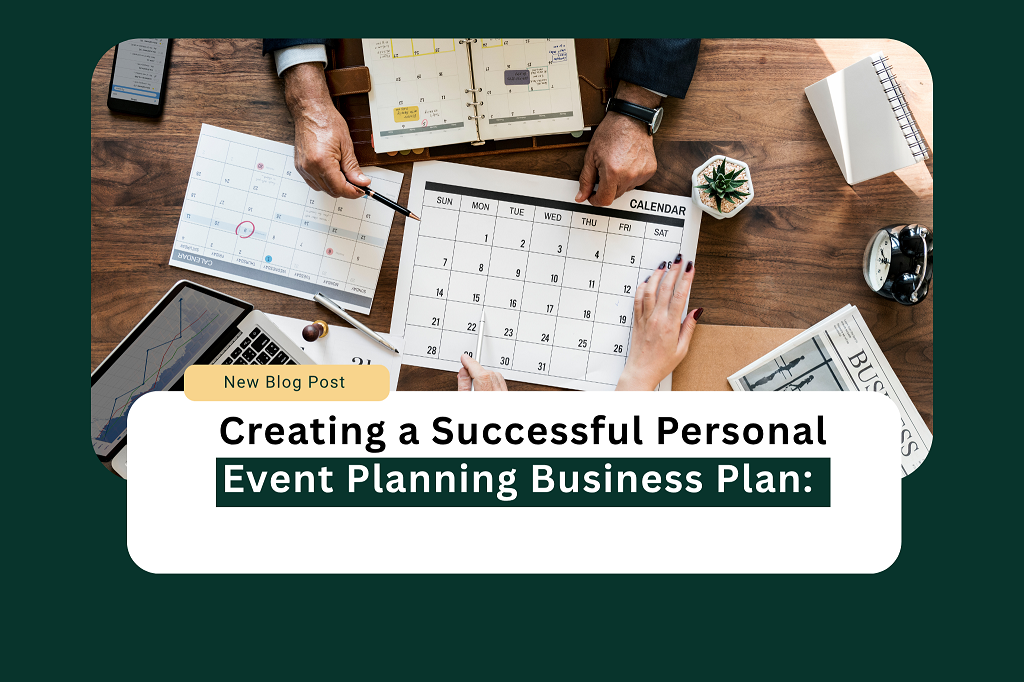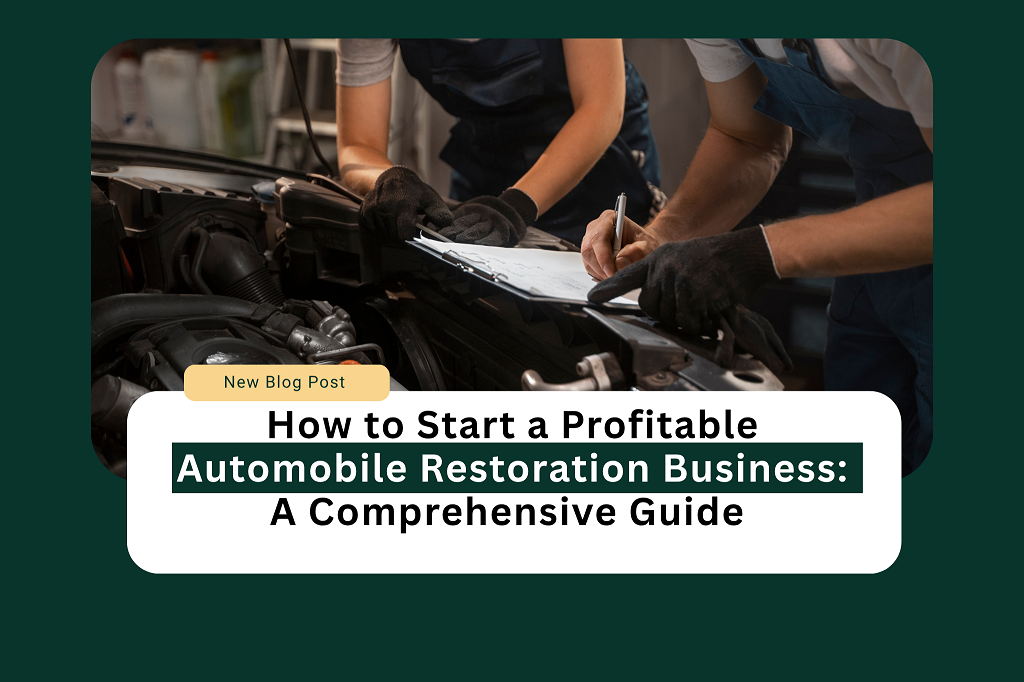Introduction
The event management industry has grown significantly since 2019, with a 2023 revenue forecast of $6.7 billion. This comprehensive guide serves as your roadmap to creating and growing a successful events business plan firm. Whether you are a professional or an entrepreneur who enjoys event planning, this is your go-to strategy.
STEP 1: Understanding the Market and Building Your Foundation
Your event management business foundation starts with comprehensive market research that stands as the first essential step in your startup process. The events industry demonstrates strong market recovery as Grand View Research predicts an 11.2% compound annual growth rate (CAGR) between 2023 and 2030. New entrants will find various opportunities in the growing market yet business success demands deliberate planning and strategic positioning.
Your first step should be to define the market segment and specialized events you will serve. Your business will concentrate on corporate events while also catering to weddings and social gatherings or maybe you will handle multiple event types. By defining your specific niche you can create focused marketing approaches while establishing authority within particular domains. The single sector of corporate events creates a $325 billion annual revenue in the United States which shows the major potential of the industry.
STEP 2: Legal Requirements and Business Structure
The foundation of your events business plan needs both legal registration along with appropriate organizational structure. Your first step should include business registration as well as the acquisition of required licenses and permits so you can safeguard your operations with liability insurance. Businesses that establish proper legal structures along with insurance coverage succeed 23% more often during their initial five years according to the Small Business Administration.
Your business must establish detailed contracts and service agreements that explain your duties and payment conditions together with cancellation rules. Your professional approach safeguards your business operations while building trust in potential clients.
STEP 3: Developing Your Service Portfolio and Pricing Strategy
Your service portfolio needs to demonstrate your specialized knowledge together with market requirements. The Professional Convention Management Association (PCMA) reports that 72% of event planners now provide hybrid event services together with their traditional offerings. Consider including services such as:
- Venue selection and management
- Vendor coordination
- Budget management
- Event design and decoration
- On-site coordination
- Virtual and hybrid event management
Create pricing models that show your value proposition yet keep prices competitive in the market. According to research, event management companies charge a fee between 15-20% of the total event budget, but this percentage varies depending on service offerings and market positioning.
Step 4: Building Your Network and Vendor Relationships
The events business plan requires successful vendors industry professionals and venue relationships to achieve business success. According to the Events Industry Council, businesses that develop robust vendor networks achieve operational cost reductions of up to 15%. The network serves as your business foundation to achieve consistent delivery of exceptional events.
Start by creating a comprehensive database of vendors across different categories: caterers, decorators, audiovisual teams, photographers, entertainers, and transportation services. Assess your vendors through their reliability levels combined with their quality standards, pricing, and flexibility capabilities. Your reputation depends on vendor performance, so you must conduct a detailed evaluation process.
Your company should create preferred vendor contracts to obtain discounted rates while receiving fast response times from vendors. The relationships between businesses in this network result in referral partnerships, which establish a beneficial ecosystem for all participants. Industry data shows that businesses that maintain solid vendor partnerships execute 40% more events annually when compared to those without vendor connections.
STEP 5: Marketing and Client Acquisition
Digital Marketing Initiatives
Develop an expert website that displays your work portfolio, services, and professional qualifications. The website should have both mobile responsiveness and search engine optimization. Research shows that 78% of event clients conduct online searches about potential event planners before initiating contact. The success of your branding depends on detailed case studies combined with high-quality event photos and client testimonials.
Your content strategy should establish industry expertise across the market. This could include:
- Regular blog posts about event planning tips and trends
- Behind-the-scenes content showing your team in action
- Video content featuring successful events
- Educational webinars for potential clients
Leverage social media platforms strategically. events business plan achieve maximum engagement through Instagram and Pinterest because visual content results in 40% better user interaction. Publish updates about your events alongside organizational processes and industry knowledge regularly. Your content should utilize Instagram Stories along with Reels to let viewers see how your team creates their work.
Traditional Marketing and Networking
While digital marketing is crucial, don’t overlook traditional marketing methods:
- Attend industry trade shows and bridal expos
- Host showcase events for potential corporate clients
- Develop relationships with complementary businesses
- Create high-quality printed materials for in-person meetings
A referral program that rewards your current clients for each successful recommendation represents a solid option. The data reveals that preferred clients become four times more likely to book events while spending 20% more on their events.
STEP 6: Operations and Technology Integration
Your event management business needs efficient systems as a fundamental requirement within today’s digital landscape. Your business needs a full-scale event management software solution that combines essential features like project scheduling and budget control along with client interaction platforms. Research from Eventbrite shows that businesses that utilize integrated platforms achieve 35% higher operational efficiency.
Focus on implementing three core technological systems: Your event management business needs financial management software for invoicing and expense tracking and team communication tools with data analysis capabilities to monitor key performance indicators. Cloud-based solutions with mobile accessibility deliver real-time updates and remote management capabilities, which prove particularly valuable.
Conclusion
Launching and expanding an event management business needs strategic preparation alongside a commitment to market pattern changes. The event management industry demonstrates extensive potential for success because analysts predict it will reach $1.6 trillion globally by 2028. To succeed, you must stay updated with industry trends while improving your services and building strong connections with clients and vendors.
Share your insights into event management industry experiences with us. If you enjoy this article, please share it with your network on social media and leave your comments in the section below. Your feedback enables us to develop better resources that support event management professional development.
FAQs
Q1: What amount of capital does one need to launch their event management business?
A: New businesses should plan for startup expenses between $10,000 and $25,000 to acquire necessary items such as business registration fees, insurance coverage, website development, and initial marketing materials.
Q2: What academic qualifications do people need to work as event managers?
A degree in event management, hospitality, or business proves beneficial, although formal education remains optional. The CMP (Certified Meeting Professional) certification provides professionals with additional credibility in the industry.
Q3: What does the typical profit margin look like for event management?
The average profit margin in event management represents 15-20% of the total event budget, yet specific factors, including event type and service scope, affect these margins.
Q4: What amount of time does it take for an event management business to become profitable?
A: Event management businesses typically reach profitability between 12 and 18 months if owners maintain continuous marketing and networking activities.
Q5: Is special insurance required for businesses that manage events?
A: General liability insurance, professional liability insurance, and event cancellation insurance form the essential coverage needed for events business plan.
Read More : https://theacechronicle.com/taxi-business-plan-proven-blueprint-success/








